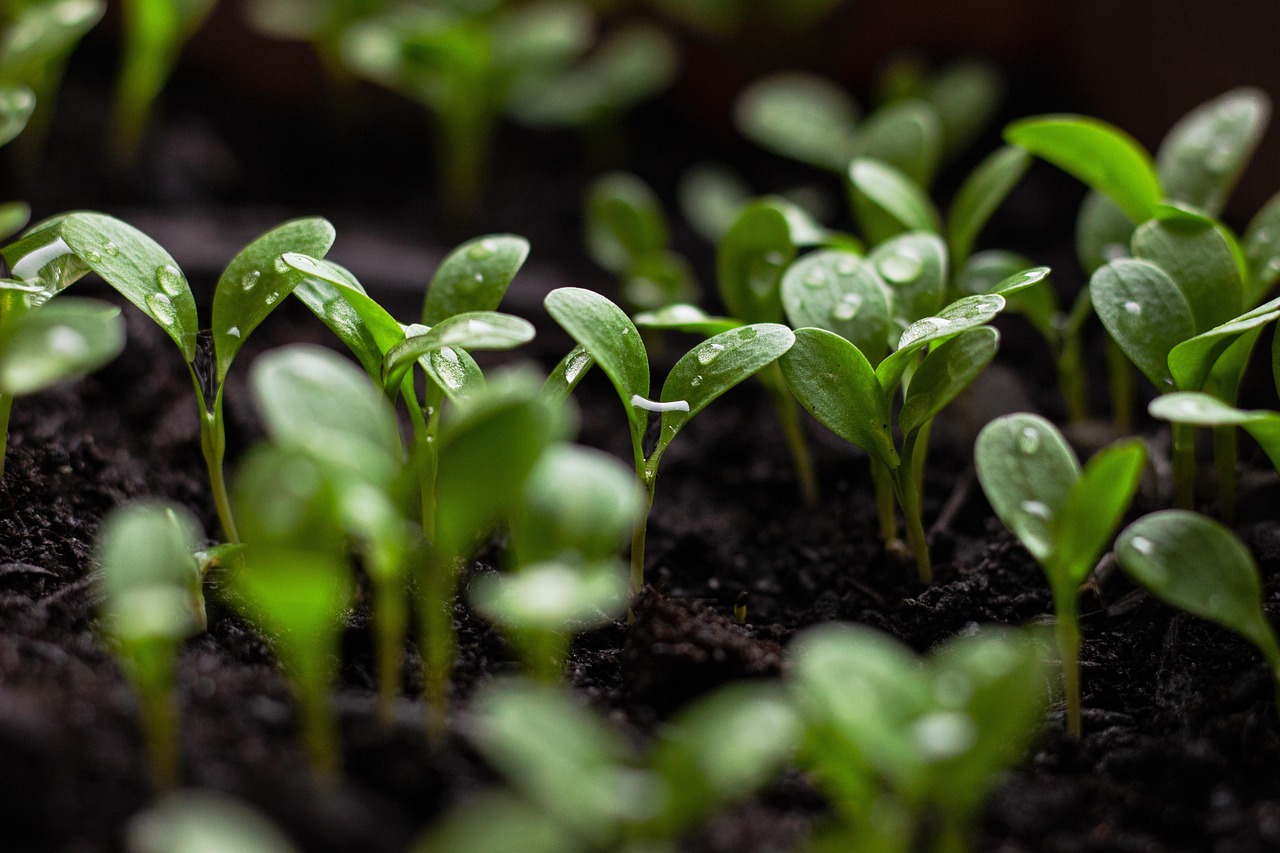The convergence of blockchain technology and environmental sustainability has created unexpected allies in the push toward more regenerative agricultural practices. Non-fungible tokens (NFTs), once dismissed as merely digital art speculation vehicles, are evolving into powerful fundraising and awareness tools for ecological initiatives. Among the most promising applications is their ability to channel resources toward sustainable farming communities around the world, creating direct connections between digital enthusiasts and land stewardship projects.
The Evolution of Purpose-Driven NFTs
The NFT market has undergone a significant maturation process since its explosive mainstream emergence in 2021. Beyond the headline-grabbing art sales, a new category of impact-focused NFT projects has emerged. These purpose-driven collections, aimed at environmental and social missions, allocate substantial percentages of their proceeds toward specific causes..
Sustainable agriculture has become a focal point for many such projects, with blockchain communities recognizing the critical importance of regenerative farming practices in addressing climate change, biodiversity loss, and food security. Instead of treating environmental concerns as an afterthought, these NFT collections integrate ecological impact into their core value proposition.
From Digital Ownership to Real-World Impact
What distinguishes these agricultural NFTs from conventional charitable giving is the establishment of ongoing relationships between token holders and the farming communities they support. Token ownership often confers:
-
Regular updates on project developments and impact metrics;
-
Voting rights on fund allocation decisions;
-
Virtual or in-person access to supported farming operations;
-
Educational content about sustainable agricultural practices;
-
Community membership with like-minded sustainability advocates.
This model transforms traditional donation dynamics into participatory support ecosystems, where backers are connected to the outcomes of their contributions through digital asset ownership. The transparency inherent in blockchain technology enables real-time tracking of how funds are deployed, creating unprecedented accountability in philanthropic agricultural support.
NFT Projects Supporting Sustainable Agriculture
Several pioneering NFT collections have demonstrated the potential of this funding model for eco-friendly farming initiatives. Their approaches offer valuable case studies for understanding how digital collectibles can translate into meaningful agricultural impact.
Regenerative Farming NFT Initiatives
One significant real-world example is Treedom, which connects NFT technology with actual tree planting initiatives. Through projects like “One Million Trees NFT,” digital artwork purchases directly fund tree planting efforts in various regions.. This creates a tangible link between digital assets and physical environmental restoration.
Similarly, Dimitra has launched a notable agricultural NFT initiative that began with 1,000 avocado trees in Kenya. Their Real-World Asset NFT (RWA-NFT) program tokenizes agricultural assets like crops, trees, and carbon credits, enabling farmers to access new funding avenues while promoting sustainable practices.
Blockchain Support for Specialized Cultivation
The NFT funding model has proven particularly valuable for more specialized agricultural niches that may face challenges securing traditional funding. Several projects have focused on supporting heritage crop preservation, indigenous farming practices, and alternative cultivation approaches that promote biodiversity and sustainability.
Some collections have emerged around themes of cannabis cultivation, highlighting the plant’s potential as a sustainable crop when grown with ecological methods. These projects emphasize how certain cannabis varieties like those grown from ILGM autoflower seeds represent low-resource cultivation options, requiring less water, energy, and processing than many conventional crops. The autoflowering characteristic, which allows plants to flower based on age rather than light cycles, reduces energy requirements, making it relevant to discussions about agricultural sustainability and resource efficiency.
Transparent Supply Chain Verification
Beyond direct funding, NFT technology offers significant potential for agricultural supply chain verification. AgriDex, a Solana-based platform that raised $5 million in funding, implements NFT-based systems to tokenize agricultural commodities. Each transaction on their marketplace is secured by minting an NFT that records all key transaction details, creating immutable proof for supply chain tracking. This approach helps:
-
Document production methods through immutable records.
-
Verify ecological certification standards compliance.
-
Track carbon offsetting associated with agricultural operations.
-
Authenticate fair labor practices throughout the supply chain.
-
Validate organic and sustainable growing methods.
These verification systems help conscientious consumers connect directly with farming communities committed to ecological practices, ensuring premium prices reach those implementing sustainable methods rather than intermediaries.
Community Building Through Digital Collectibles
One of the most powerful aspects of agricultural NFT projects is their ability to forge communities around specific ecological farming initiatives.
Educational Components and Knowledge Transfer
Many agricultural NFT projects incorporate substantial educational elements, using their platforms to raise awareness about sustainable farming techniques and ecological challenges. Token holders gain access to:
-
Virtual farm tours and operation demonstrations;
-
Webinars with agricultural experts and farmers;
-
Detailed documentation of regenerative farming methods;
-
Community forums for discussing implementation strategies;
-
Progress tracking dashboards showing ecological impacts.
This educational component transforms NFT holders from passive donors into informed advocates, creating multiplier effects as community members share knowledge within their networks.
Final Word
The marriage of NFT technology and sustainable agriculture is a promising pathway for channeling resources toward ecological farming practices. By creating direct connections between digital communities and land stewardship projects, these initiatives bypass traditional funding limitations while building engaged supporter bases invested in lasting agricultural sustainability.
If this article, video or photo intrigues any copyright, please indicate it to the author’s email or in the comment box.


